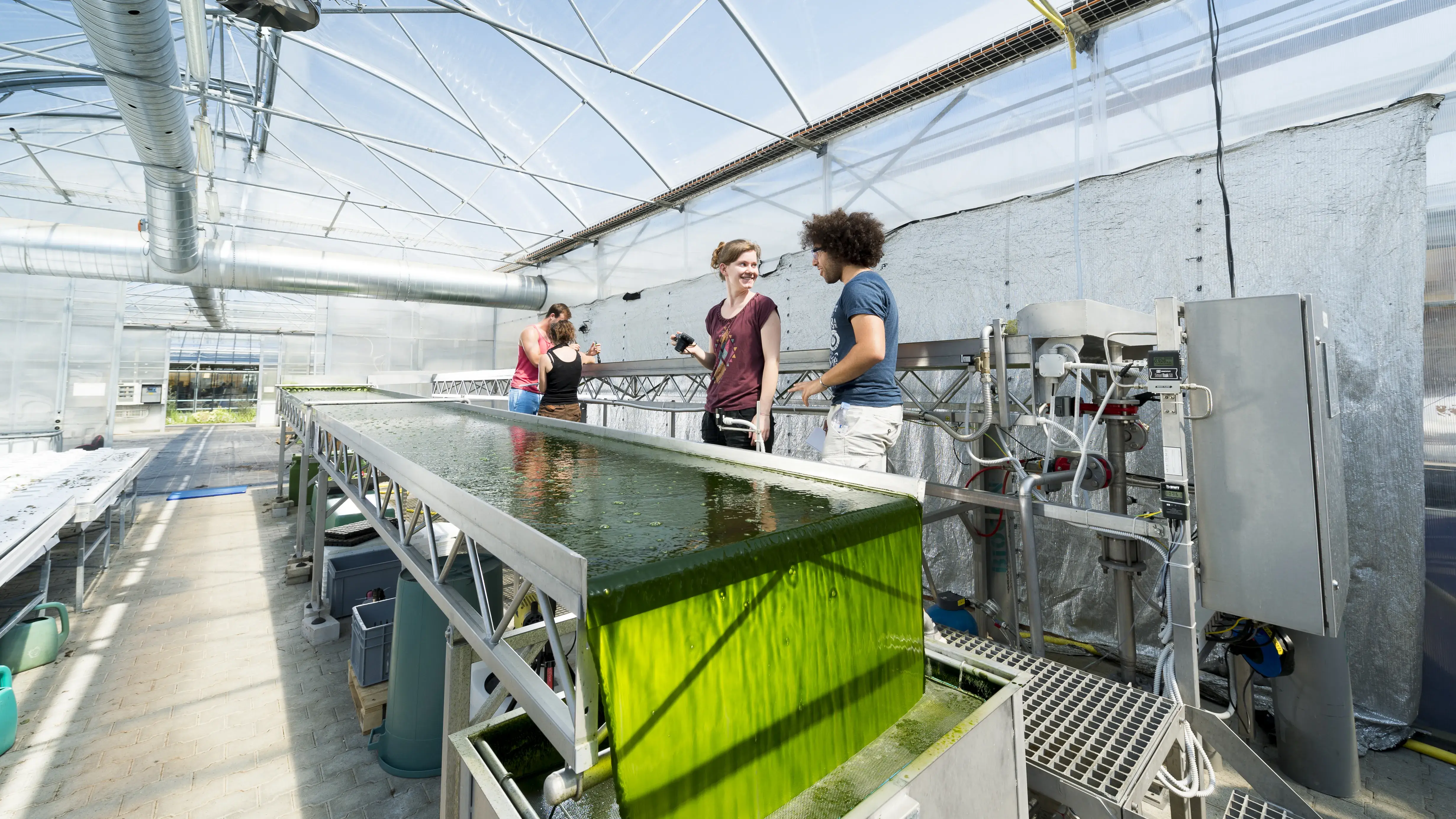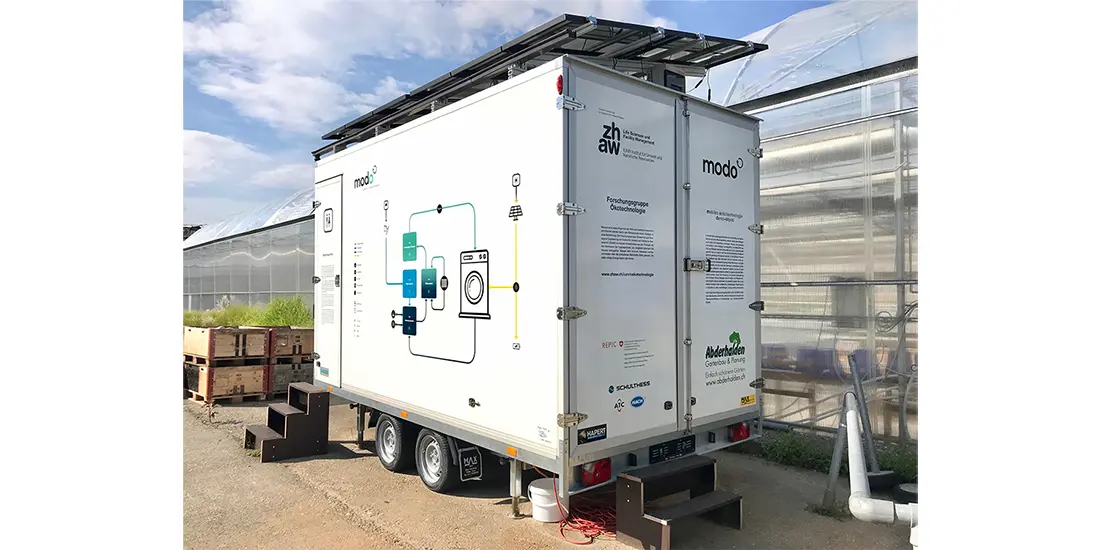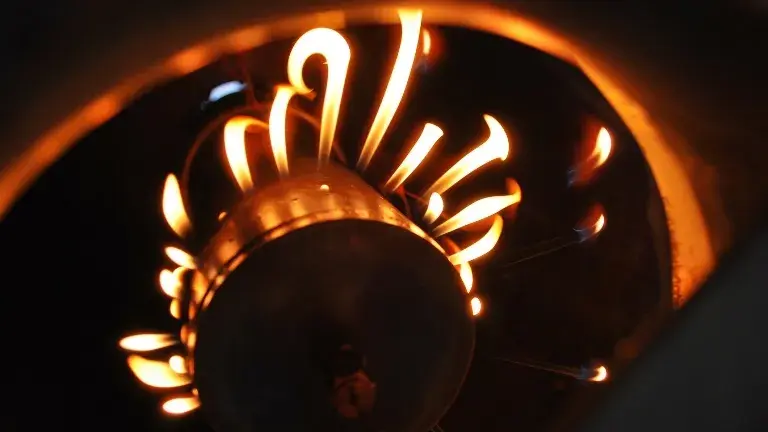Ecotechnology - From nature to technology
Background of the project
In a natural ecosystem, nutrients and water circulate in a closed loop. Ideally, the system functions independently and is largely closed. This means that only very few nutrients get in from the outside, but also that practically no waste products are produced. Humans intervene in these natural cycles by harvesting animals and plants (cutting down trees, harvesting fruit, catching fish) on the one hand and by introducing nutrients (e.g. through waste, toilet flushing, liquid manure) on the other. This creates an imbalance in nature and necessary nutrients have to be provided in a complex form, other substances are enriched and lead to new environmental problems. The ZHAW's ecotechnology researchers present six new ways in which resources can be reused sustainably and innovatively thanks to a recycling system. Who knows, perhaps their vision of extending this system to larger cycles will soon become reality.
Excursion with the school (only available in German)
This offer covers a wide range of subjects and offers various links to your lessons. You choose any two subjects per visit. The different subject modules are briefly described below.
Circular washing machine
This washing system is a unique invention: The laundry becomes clean, although each wash cycle uses the treated waste water from the previous wash cycle. The waste water flows through a filter system and can therefore be reused as often as desired. The required energy comes from the photovoltaic system on the roof. This largely energy and water self-sufficient washing system has recently been put into operation in areas with little water and is waiting for your visit on our campus.
Treasure hunt in the toilet
Have you ever thought about the fact that valuable and nutritious resources are carelessly washed away with every rinse? Because humans function as a continuous flow reactor of nutrients, so to speak. With the dry separation toilet, these precious resources are collected separately and reprocessed by our researchers. The pyrolysis process is used to produce biocoal that can be used for soil improvement. During the guided tour you will learn exactly how the continuous reactor man, the principle of the toilet and pyrolysis work.
Microalgae as do-gooders
Microalgae can be cultivated independently of location and with relative ease. Almost everything can be extracted from them: fuel, feed, food or bioplastics. This sounds promising and has already led to a real hype. But the cultivation of microalgae is still only economical in exceptional cases. Can microalgae be a sustainable alternative for raw materials in the future and is it worthwhile to do research into them? The ZHAW scientists conduct basic research on this subject without knowing whether it is a crazy idea or a brilliant invention. Discuss the value of such research using a concrete example in the field of sustainability.
The city farmer
Harvesting your own vegetables from your balcony or raised bed in the city is very popular with hip people. But even in megacities like New York, the potential of this trend has been recognized on a commercial level. Especially in combination with the promising aquaponic technology, "city farmers" can contribute to a future-oriented and sustainable diet. The potential is also demonstrated by the shorter transport distances for fresh produce, the efficient use of resources and the avoidance of waste. In this module you will learn more about urban agriculture and aquaponic technology, which is the subject of intensive research at the ZHAW.
Food Waste
Around 330 kg of food per capita is wasted in Switzerland every year! In order to reduce this figure drastically as soon as possible, we invite you to change your mind in our garden. We will equip you with the necessary knowledge and numerous ideas on how to reduce food waste in households. We encourage your students to think about it!
More fish, not sea fish
Fish is healthy and very popular, but which fish can we still buy with a clear conscience - wild caught or farmed? What are the alternatives to wild-caught fish? We will answer these questions and present you with a concrete alternative to fish production, namely cycle-oriented aquaculture. Find out how our research contributes to ensuring that the oceans are not fished out and that aquatic ecosystems remain intact.
Reference to the Curriculum 21
The tours are designed for secondary school and grammar school levels and are suitable for very different subjects. There are various cross-curricular points of contact such as sustainability and natural sciences. The module on microalgae deals with basic research in biology. The topic of food waste takes place in an applied environment. The modules on the cycle washing machine, city farmers, aquaculture and treasure hunt in the toilet show new approaches to solving problems of water and resource scarcity, which are increasingly affecting the world.
New: These guided tours are also suitable for home economics lessons.
Cycle 3, Curriculum 21
Nature and technology
Economy, work, household
Rooms, times, societies
Grammar schools, EDK framework curriculum
Biology
Geography
Housekeeping
Projectteam
- Project Ecological Engineering Living Lab
- Zentrum Ecological Engineering: Prof. Dr. Ranke Junge
- Forschungsgruppe Aquakultursysteme: Dr. Dominik Refardt, Fridolin Tschudi
- Forschungsgruppe Ökotechnologie: Devi Bühler, Andreas Schörnborn
- Forschungsgruppe für Lebensmitteltechnologie: Dr. Claudio Beretta
- Forschungsgruppe Nachhaltigkeitskommunikation & Umweltbildung: Dr. Petra Bättig-Frey, David Koch, Laura Schmid




